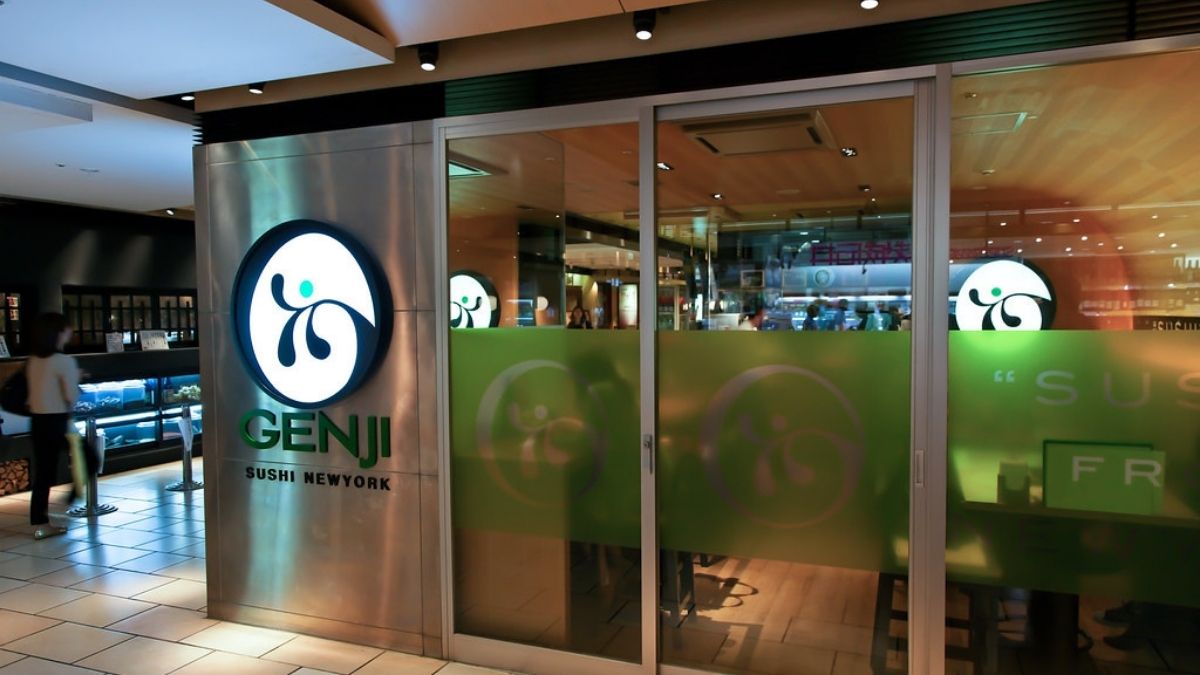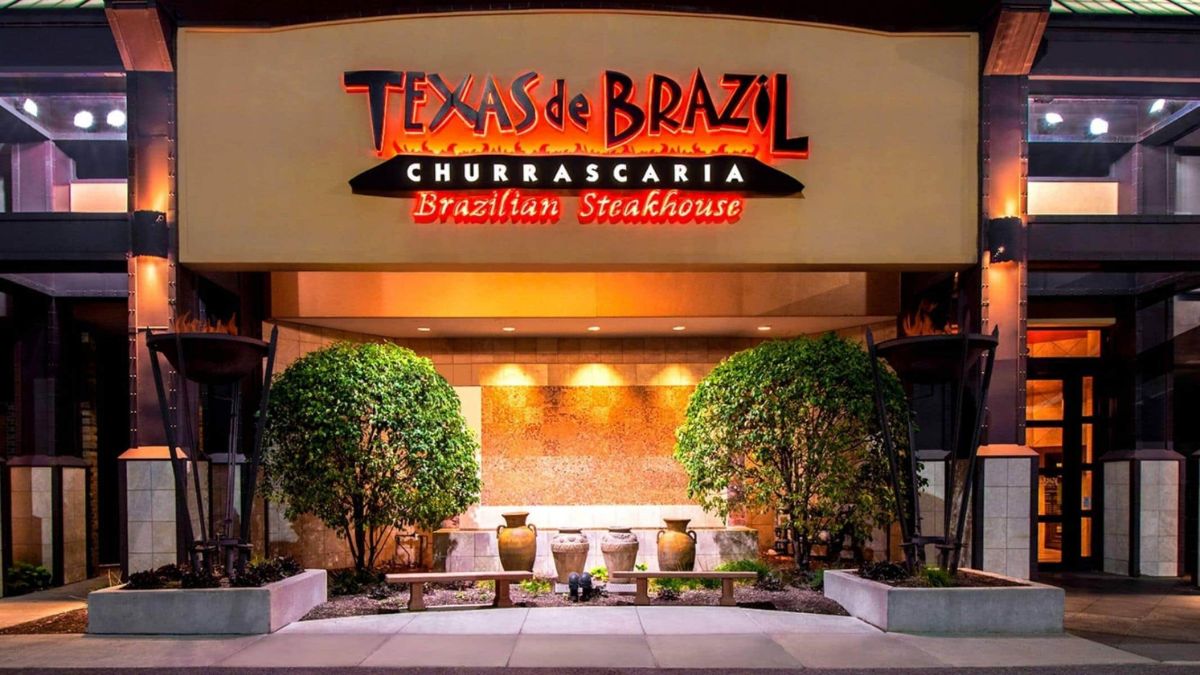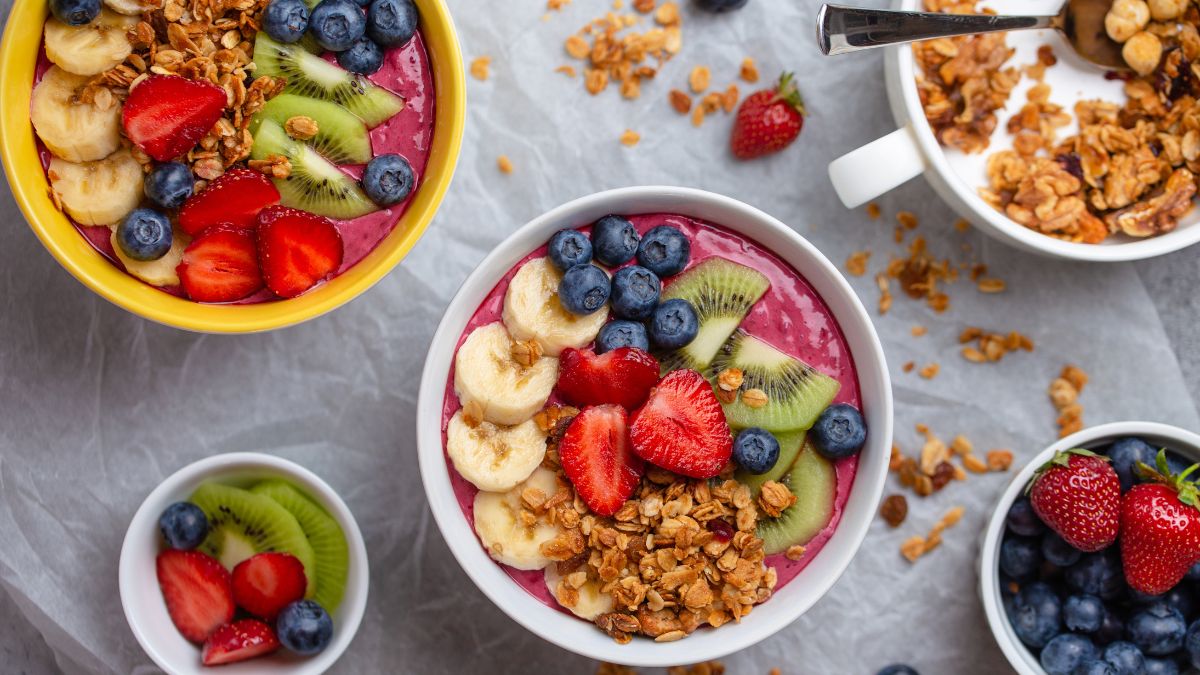Oriental cuisine has been prized all over the world for centuries for its uniqueness, spice, and exoticism. Various people still crave the fresh and quality delicacies that many Asian-culinary restaurants offer today. Japanese sushi is one of the most popular and peculiar dishes, while sashimi and maki are runner-ups. However, since raw fish or meats are often used in making sushi, most of them are not up for the vegan diet.
Genji Sushi is a subsidiary of the Hana Group, which has also partnered with Whole Foods since around 1997. Originating from Philadelphia, Genji is the largest provider of fresh and authentic Japanese sushi and sashimi in the US. Fortunately for us, they have a wide variety of vegan-friendly sushi, yum!
The easiest way to look for vegan sushi and dishes from Genji Sushi is through their Facebook page. All of their locations across the nation are inside Whole Foods markets, and they’ve also stretched out in Europe. You will also like how Genji Sushi celebrates Vegan Day and Meatless Mondays in all their restaurant and bar locations. So, below is a consolidated summary of their vegan options.
Table of Contents
Vegan Sushi Rolls
Remember to ask for no mayo since mayo is usually served in most of the rolls, and their mayo isn’t vegan. You can ask for their Original Vegan Ginger Miso Dressing instead.
Also, not all Genji’s Sushi Bars and restaurants usually share the same menus, and other rolls are sometimes only available for limited times or take-out orders. You can double-check their menus from their website or FB page. Lastly, their sushi rolls come in 4-8 pcs per order ranging between $4-10. You can also check the nutrition and allergen facts of their products here.
- Asparagus Avocado Roll
- Asparagus Tempura Roll
- Avocado Roll
- Avocado Cucumber Roll
- Beet n’ Berry Fresh Roll (shredded beets, fresh baby kale, melon puree, and freshly minced strawberries)
- Brown Rice Vegetable Roll
- Brown Rice Avocado Cucumber Roll
- Cucumber Roll
- Inari Sushi Roll (sushi rice wrapped in fried tofu pouches)
- Mango Sushi Roll
- Spicy Veggie Dragon Roll (contains avocado, asparagus, and sweet potato with brown rice and quinoa blend)
- Midnight Rice Roll (midnight rice, carrots, avocado)
- Ocean Hugger Tuna Ahimi California Roll (meatless substitute for tuna sushi; tomato puree, avocado)
- Quinoa Brown Rice Avocado Cucumber Roll
- Quinoa Brown Rice Vegetable Roll
- Spring Garden Roll (contains sweet potato tempura, avocado, and cucumber)
- Sweet Potato Roll
- Tropical Fresh Roll (lettuce, avocado, red cabbage, carrots)
- Vegetable Sushi Roll (carrots, spinach, cucumber, avocado)
- Veggie Salad Roll (cucumber, avocado, carrot, red Cabbage, green leaf lettuce wrapped in rice paper)
Premium Vegan Sushi Rolls
Available as dinner items.
- Garden Delight Roll (sweet potato tempura, avocado)
Other Vegan Sides
- Edamame
- Vegetable Dumplings (edamame, carrot, onion, bamboo shoot, soybean)
- Sea Greens Salad (seaweed and mushroom)
- Coconut Cream Mochi Samplers (chocolate, mango, green tea, and yuzu flavors; non-dairy)
Genji’s Food Empire
Genji’s famous for their sushi, sashimi, and maki, but they’ve got more than just that going around, they also serve piping hot ramen, miso soup, filling rice bowls, and fresh salads through their branded restaurants and retailers. Heads up that most of the links here are PDFs of menus, so if you try to look them up, you may be prompted to download the file.
Genji Ramen + Poke
Available mostly in the lower eastern region of the US.
- Veggie Ramen without egg (light veggie broth, thin noodles, mayu (burnt garlic oil), scallions, bean sprouts, red ginger, steamed mixed veggies, black mushroom, seaweed, sesame seeds)
- Plain Poke Bowl (white rice, cucumber, corn, onion, edamame, avocado, and lettuce)
Genji Ramen
Dots most of the country’s eastern coast but also in Ohio, Dallas, Colorado, Utah, and mid west coast of California.
- Veggie Ramen without egg
- Spicy Veggie Ramen comes with peanuts
- Hot Yoga Veggie Loaded Gyoza (BBQ sauce, sriracha, fried shallots, scallions)
- Aloha Spirit (hibiscus tea with tapioca pearls)
Wok Street
Available in California, Utah, Dallas, Tennessee, Carolina, and Atlanta. There’s no absolute menu posted for Genji’s Wok Street since it’s a make-your-own-bowl type of bar, so you can choose from a variety of plant-based toppings, proteins, and sauces with white or brown rice as your base. They also serve your choice of salad or wrap.
I’m a big fan of rice bowls, so I love their combination of brown rice with tofu toppings, garlic green beans, and Thai red curry sauce. You should try the exciting fun of building your own rice bowl at Genji’s Wok Street.
Genji Izakaya
Available only in New York, Maryland, Atlanta, and Colorado. Genji Izakaya is Ramen and Poke, but with booze. The term “izakaya” refers to a Japanese-style bar that serves meager and inexpensive meals or snacks that go well with alcoholic drinks.
- Veggie Ramen without egg and spicy is also available
- Plain Poke can also be served
- Genmaicha (brown rice tea)
- Lemon Matcha Green Tea
- Cold Brew Matcha Green Tea
Sushi Kano
Only available in New York, Genji’s Sushi Kano is their diner that has a wider set of meals and dinner combinations compared to their usual bars. It is by far Genji’s food brand that has the least branches, consisting of only one. This one, however, does not lack vegan-friendly dishes, so if you’re in NY, you should pay a visit.
- Yasai Futomaki (sushi roll with avocado, roasted red and yellow peppers, cucumber, shiitake ajitsuke, carrot, asparagus, basil, and ginger miso dressing)
- Miso Soup has tofu and seaweed
- Royal Edamame
- Kano Salad (grape tomatoes, red onion, beets, fried onion, sweet potatoes, red radish, and Kano salad dressing)
Kei Jei Kitchen
A creative play on the letters “K” and “J” stands for Korean and Japanese, respectively. The Korean and Japanese culinary kitchen that introduces local street foods in the US market is located only in bottom west Tennessee and the border between North and South Carolina.
- Veggie Ramen without egg
- Hot Yoga Veggie Gyoza
- Matcha Mama Bubble Tea
- Aloha Spirit Bubble Tea
That wraps up the main vegan-friendly options at Genji’s Sushi Bar and brands, and there’s a great handful of them for a Whole Foods stall, and so it means that Genji does stand up to its reputation for being the country’s largest sushi producer and seller.
However, Genji’s Sushi Bar isn’t the only vegan sushi place to go to, as many other available restaurant chains may serve you just as well.
Other Go-To Vegan Sushi Bars
Beyond Sushi
A completely plant-based restaurant that offers fresh-quality, vegan Asian cuisine and is quite a popular place amongst vegans and commoners. There are dozens of reasons (or should I say food items) why you should pay this sushi bar a visit in NYC. It’s also currently New York’s leading vegan restaurant chain. Here are some of their best examples.
- Rainbow Special Roll (vegan tuna, “zalmon,” gobo or burdock root, hijiki seaweed, smoked pepper sauce)
- Spicy Jackfruit Crab Special Roll (spicy jackfruit “crab,” ponzu, cayenne sauce)
- Ube Crunch Special Roll (crunchy ube, enoki, smoked oyster mushrooms, green shiso, sweet chili soy sauce
Genji’s Sushi Bar is already the largest brand that offers vegan-friendly sushi and holds vegans in high regard in their celebrations such as Meatless Monday and Beyond Sushi, on the other hand, is a hit piece in New York, a powerhouse of the plant-based food industry, but here are some other restaurants worth noting for their vegan offers.
Why Eat Vegan Sushi?
Traditional sushi is made with raw fish, however, since today’s sushi has the free option to be made with cooked fish by preference, the real problem is that a typical roll of sushi doesn’t have that many benefits. According to Healthline, since a sushi roll is served with few ingredients, the health benefits that can be reaped from one bite-size piece aren’t very significant to an average person’s daily nutritional needs.
Normal sushi is usually made up of carbs, fats, and salt, and since they’re not very filling and tend to be digested immediately by the body, the average person may be able to eat an entire roll of sushi and still feel unsatisfied. So, a sushi roll is made up mostly of unhealthy nutrients compared to its beneficial attributes, which makes it a meager side of the meal and not an entire meal by itself.
Whereas vegan sushi contains fewer carbs and fats since it is plant-based, making it a healthy alternative with less salt. More so, vegan sushi doesn’t contain any raw animals, so it is free from parasites and bacteria that may be present in raw fish, such as salmonella and anisakids. It’s also less likely to contain mercury pollutants and toxins from fish inhabiting polluted waters.
Vegan sushi is mostly prepared with organic and fresh-quality ingredients containing good nutrients and fewer contaminants.
The Bottom Line
So if you’re ever off for a trip to a Whole Foods market, I recommend you to check out a vegan sushi roll at any Genji branded stall, and you surely won’t regret it. Sure they’re mostly the same old veggies and fruits, but if you’re getting bored of that, then their special tuna Rahimi made from fresh tomatoes may seal the deal.
Sushi is popular all over the world, but there are quite some health risks inclined with it, so it would be so much better if people simply appreciated the deliciousness and nutrition of plant-based rolls. Well, much better is that you don’t have to stop with just the sushi platters at Genji because they have a lot of other vegan-friendly products, too, especially their yummy ramen and gyoza.
So be sure that next time you try out Genji Sushi Bar, make yourself home because you can order a vegan meal from them without any worries; they’ve got you covered with their plant-based substitutes for tuna and mayo as their other scrumptious items.




